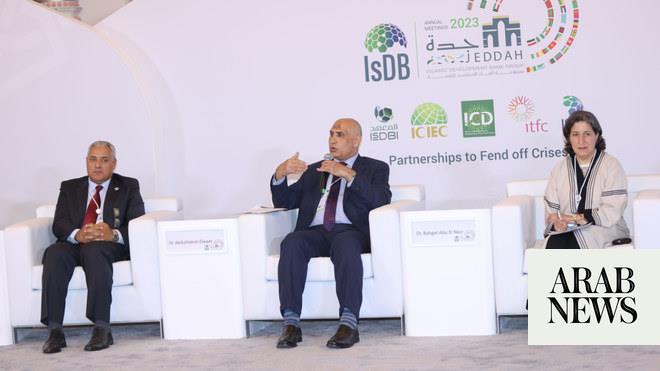
English rugby union’s top official says the sport is safe to play and that the future of the Rugby Football Union is not at risk from possible multi-million compensation claims made by brain damaged former players. Bill Sweeney, the RFU’s chief executive, does say, however, that the union are wary of the potential impact on the game’s image and that making rugby entirely risk-free is “a journey with no conclusion”.
Like everyone else the RFU has been “very sad and distressed” to learn that the 2003 World Cup-winning hooker Steve Thompson is among a number of players showing signs of early onset dementia in their early 40s. As yet, however, Twickenham is still awaiting precise details of the proposed legal proceedings and Sweeney believes his organisation would be insured in the event of any huge future payout.
“I’ve got no reason to believe we wouldn’t be covered for this, but we’re not going into that detailed discussion until we see the nature of what is being submitted,” said Sweeney. “It’s hypothetical at this stage because we don’t know what ‘this’ is yet.”
Given that the diagnosed individuals so far include Thompson and Michael Lipman, both former England internationals who spent much of their club careers in the Premiership, the RFU is well aware of the potentially calamitous repercussions if rugby starts being perceived as too dangerous. “It would be disingenuous to say we’re not worried about reputational risk, but we certainly believe it is manageable,” said Sweeney.
“We believe everything is being done – and will continue to be – to make sure rugby is a safe sport for kids to take up. We’re dealing with the white heat emotion of what is a really difficult human story … but most people understand the benefits you get from playing rugby. They still feel it’s a sport they get more out of than it takes out of them.”
Sweeney also argues that American football – a $765 million compensation settlement to affected former players was made by the NFL in 2013 – and rugby union are two different sports which cannot be casually lumped together in the context of brain injuries. “It is very hypothetical, the science is not black and white,” said Sweeney. “There is no scientific proof of the causal link between concussion and CTE [chronic traumatic encephalopathy], that is not a proven thing. There are differences between American football and rugby union.
“But we do need to allay people’s fears and I think you do that by having a really balanced, fact-based conversation around what the issues are. We need the debate to be really factual and lay out all the detail. Then, as with so many things in life, there is a risk-reward balance that you make a decision on.
“Our evidence shows that rugby is no more dangerous than other sports. But this is a journey with no conclusion to it. This is not a project with a start and finish date. As players get fitter and stronger we have to find ways to adapt.”
To date, Sweeney has yet to speak personally to Thompson – the RFU says it had an out-of-date mobile number for him – but rugby director, Conor O’Shea, has been understandably moved by the former Northampton hooker’s diagnosis. “I find it really upsetting what is happening … but the game you see between England and France is not the same game your kid arrives down to play at under-8 level. The whole way through is graduated.”
The financial effects of Covid-19, meanwhile, are set to cost the RFU £135m in revenue in the 2020‑21 financial year but Sweeney is predicting an overall loss of “only” £30m, partly as a result of the RFU cutting 165 roles and making savings of £30m. “The RFU business model is inherently still sound, but it will take a few more years to get back to being debt free,” he said.Sweeney also confirmed that discussions about the establishment of a new-look global fixture calendar are “still ongoing.”












